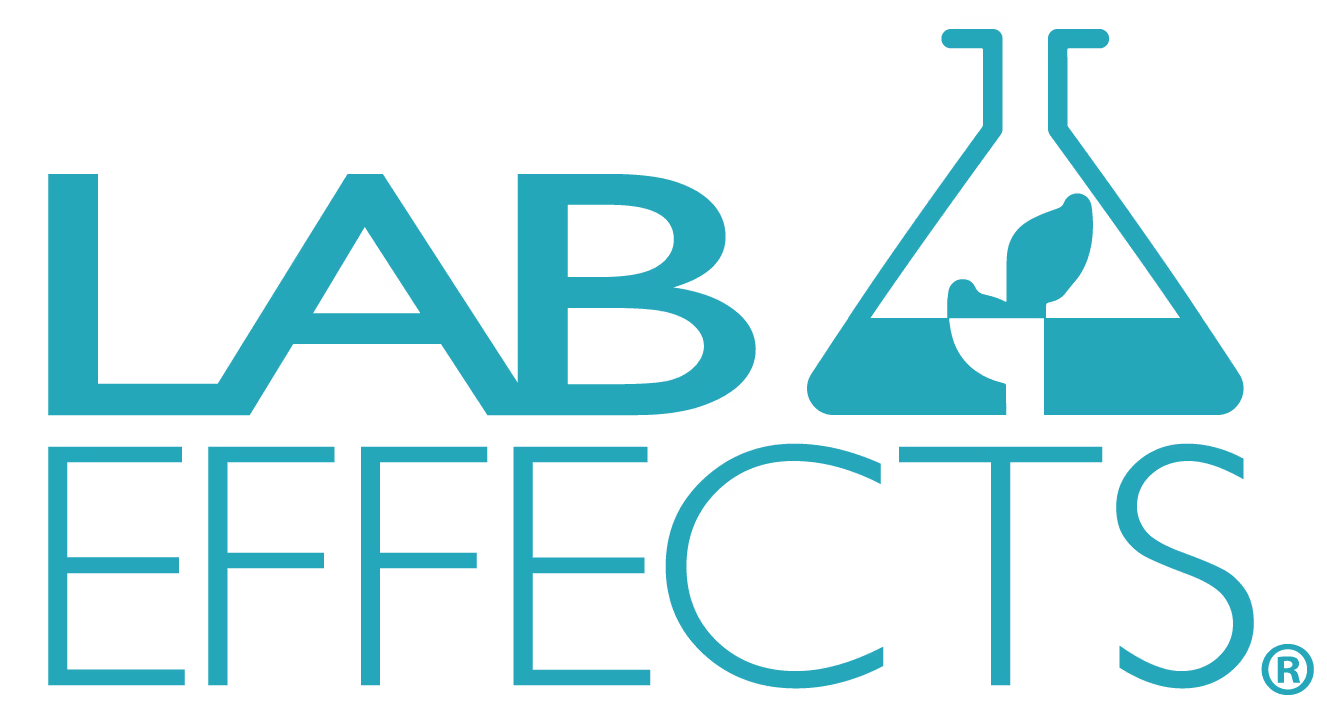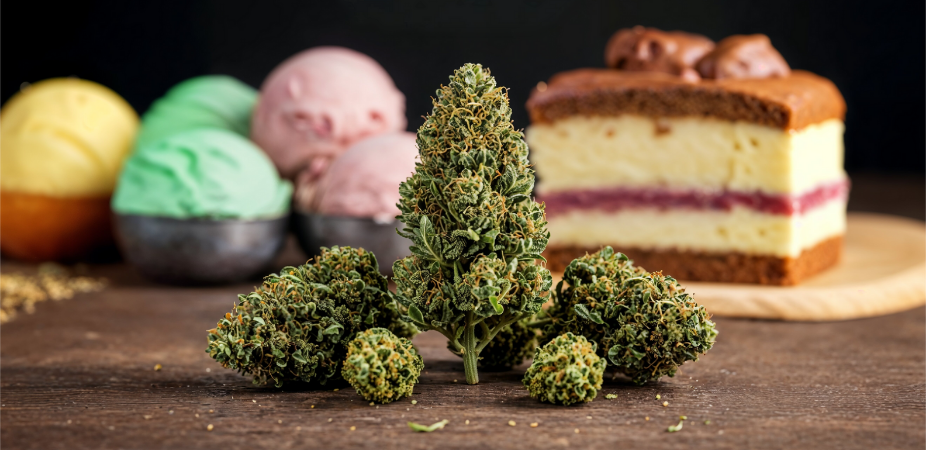Terpenes are a cornerstone of high-quality cannabis products, especially as consumer tastes mature. Now, alongside potency, consumers are increasingly informed and expectations are rising — not just for cannabinoid content but also for flavor, aroma, and authenticity.
Manufacturers can now access a wide range of terpene options to create quality product lines. But not all terpenes are created equal (and although that is now a cliche saying, in the terpene space its truth cannot be understated). Selecting the right ones is critical for both market success and long-term customer trust, as the wrong decision will likely not be a difference of subjective opinion, but one that defines your product as either awful, or amazing.
One of the most important decisions comes down to sourcing: cannabis-derived terpenes vs. botanically derived terpenes. Both have value, but understanding their distinct roles in today’s cannabis industry is key to making informed choices for your brand.
CDTs vs. BDTs: 3 Key Takeaways

Trying to choose between cannabis-derived terpenes (CDTs) vs. botanical-derived terpenes (BDTs) for your next launch? Here are the top three factors to keep in mind when selecting your next terpene product:
Authenticity
CDTs deliver a True-to-Flower™ experience, capturing the authentic essence of specific cannabis strains. BDTs, on the other hand, offer effective, accessible versions of your favorite strains, opening the door to more creative flavor profiles.
Affordability
BDTs are cost-effective options for both producers and consumers. CDTs typically come at higher price points, but they ensure premium craft products that appeal to connoisseurs and long-time cannabis enthusiasts who prefer authenticity. Although Lab Effects has made some significant strides in scaling its production, and has brought the market cost of these down notably.
Application
CDTs are the best bet for replicating authentic strains across various product types. BDTs, meanwhile, can be the more practical choice when price is the deciding factor, and to achieve more creative flavor profiles.
What Are Cannabis-Derived Terpenes (CDT Terpenes)?
Terpenes are volatile organic compounds that shape flavor and scent across the plant kingdom. Cannabis-derived terpenes (meaning terpenes derived from the Cannabis sativa L. plant) are valued for capturing the unique flavor, aroma, and effect profiles that define individual strains, like GMO or Permanent Marker.
Cannabis-derived terpenes are the complete essential oil extracted from the cannabis plant. They contain not only terpenes but also the unique non-terpene compounds that give each strain its signature aroma, elements that can’t be replicated by isolating terpenes from other plants. This makes CDTs the gold standard for creating products that smell and taste just like the strains you know and love, delivering an authentic, full-bodied profile of each varietal rather than just an imitation scent.
What are botanical terpenes (BDT terpenes)?
Cannabis-derived terpenes aren’t the only option for manufacturers. Botanical terpenes (meaning terpenes extracted from plants other than cannabis) are widely used. In fact, BDTs have long played a role in the fragrance and food industries, where they’ve been well established options for enhancing flavor and aroma.
While the molecular structure of a terpene never changes (a limonene molecule is always a limonene molecule), notable differences exist between cannabis-derived and botanically derived terpenes on the market.
At Lab Effects, BDTs start with GC/MS testing on select cannabis genetics. This gives us the exact terpene spectrum of some of the industry’s most recognized strains. From there, each terpene molecule is carefully extracted and isolated from non-cannabis botanical origins. Finally, we blend the botanically derived profile in the same ratios shown to exist in the natural plant, and match the original strain’s aroma and character identical to its terpene components.
Source and extraction
For either CDTs or BDTs, the starting point for terpene extraction is always raw plant material. For cannabis-derived terpenes, that means exclusively Cannabis sativa L. For botanically derived terpenes, the source material is far broader, ranging from citrus peels and conifer trees to herbs, spices, and flowers.
Across both categories, a similar extraction method is used for all Lab Effects products: steam distillation and fractionation. It preserves delicate volatile compounds while remaining relatively cost-effective. Elsewhere, other solvent-based extractions, like CO2, are used, but the method can significantly influence both the quality and cost of the final product output. CO2 is also very poor at pulling a full spectrum of plant based aromatics.
Flavor and aroma
Extracting terpenes from the cannabis plant preserves not only terpenes but the diverse organic compounds that contribute to the plant’s full flavor and aroma. These can include aldehydes, esters, and ketones. It’s worth noting that Lab Effects terpenes are all cannabinoid-free, to ensure they remain compliant in all markets.
Botanically derived terpenes, by contrast, don’t contain these unique cannabis compounds. While carefully selected BDTs will mimic the terpene profile of a given strain, they can’t replicate the complexity or nuanced effects of cannabis-derived terpenes because they are missing some of these special secondary organic compounds; the non-terpene components.
In practice, that means a product made with cannabis-derived Sour Diesel terpenes will deliver a more authentic, layered strain experience compared to one flavored with botanically derived Sour Diesel terps.
Effects
It's worth a reminder that the effects of cannabis products are primarily driven by cannabinoids, but terpenes do play a critical role by interacting with cannabinoids via the entourage effect.
In the research, terpenes do show promise for a variety of therapeutic applications and experiential effects, but for cannabis products, the impact is secondary to the cannabinoid profile. However, using BDTs is the controlled means of creating effects based therapeutic formulas that do not have any of the contraindicating components that the natural plant cannot avoid. It is strictly controlled. Lab Effects has the world's largest portfolio of effects based therapeutics for this purpose.
Cost and scalability
Because they can be sourced from such a wide variety of plants, botanically derived terpenes are typically more affordable to produce than CDTs, a cost advantage that is passed along to your brand’s bottom line.
Cannabis-derived terpenes, by contrast, come at a higher price point. Their cost reflects both the value of cannabis as a raw material and the more complete flavor profiles they deliver.
That said, at Lab Effects, we make both options accessible with affordable, steam-distilled terpenes ready to scale with your production.
Legal status
In the U.S., both cannabis-derived and botanically derived terpenes are generally legal, provided they’re sourced from all-natural plants. But this isn’t true for synthetic terpenes, which are those that do not originate from natural sources and are instead created with synthetic chemicals. Many states, including New York, Michigan, and Nevada, are rapidly cracking down on synthetic terpenes.
These laws are focused on consumer safety. Sticking with all-natural terpenes, such as those produced by Lab Effects, helps ensure compliance with even the strictest regulations while keeping your products marketable nationwide.
For international markets, the rules can be more complex. In Australia, for instance, cannabis-derived terpenes face significant import and usage restrictions. In cases like these, BDTs often represent the prudent, more cost-effective path to compliance.
With that said, we successfully ship our products all around the world to 36+ countries, and are ready to help with the required documentation. Get in touch with our team for assistance.
Safety
Broadly speaking, are terpenes safe? Especially in the amounts used in cannabis products, terpenes pose no risk, though in larger, undiluted quantities they can be flammable or even corrosive. The chemical structure of a terpene is the same regardless of its source, so the safety profile of a pure terpene is identical whether it’s a cannabis-derived terpene vs. botanical terpene.
A more pressing safety concern lies in the extraction and purification processes, which can vary widely and impact product quality. Poor extraction practices may leave behind residual solvents or hydrocarbons, while pesticides, herbicides, or other additives can contaminate supposedly “pure” terpenes. Poor production practices may even leave behind non-compliant cannabinoids, like THC, which can directly impact compliance as well as the final qualities of your product.
Reputable manufacturers mitigate these risks by adhering to rigorous safety standards. All Lab Effects products are synthetic-free and food-grade, and come with comprehensive compliance documentation detailing both chemical and safety profiles.
Disclaimer: Terpenes are non-polar oil-based hydrocarbons that, in pure form, can be very potent and sometimes volatile, flammable, and even corrosive compounds. For this reason, they are ingredients that should be strictly used by experienced and trained manufacturers and not sold directly to consumers. Some industry resellers do market these substances to consumers in bright, colorful bottles with little to no chemical specifications or label warnings. We strongly discourage this behavior and advise consumers and businesses unfamiliar with these compounds to be careful when purchasing, storing, and using them.
Make the Call for Your Next SKU: CDT vs. BDT
BDTs are a reliable and cost-effective way to deliver bold flavors that stand out to mainstream consumers while capturing consumers chasing low price points. CDTs, by contrast, are ideal for crafting True-to-Flower™ experiences that appeal to seasoned connoisseurs seeking authentic flavor and aroma profiles.
Ultimately, your terpene strategy should align with your product lineup, target audience, production scale, budget, and overall brand identity.
All-Natural Cannabis- and Botanical-Derived Options from Lab Effects
Whether you choose botanical or cannabis-derived terpenes, working with Lab Effects means choosing all-natural, synthetic-free, food-safe terpenes that meet the industry’s highest quality standards.
Our portfolio includes hundreds of options, from strain-specific CDTs to cost-conscious botanical strains. Or why not get the best of both worlds with our flavor-enhanced blends? We’re confident you’ll find the perfect terpenes for your products. And if you need guidance, our expert team is ready to help you navigate your options and make the best choices for your brand.

.jpg)


